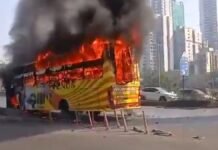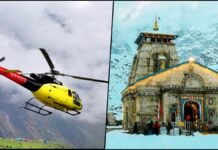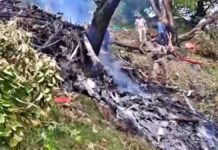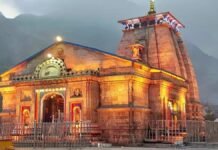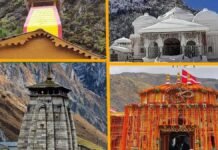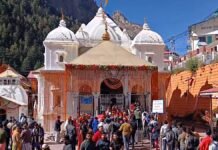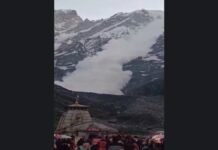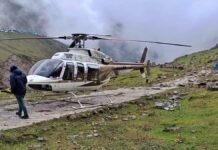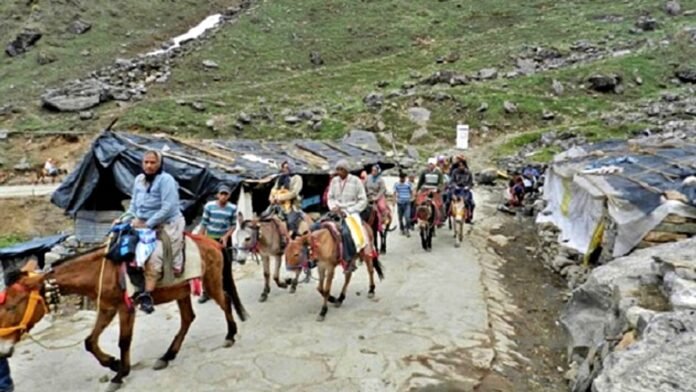
Key Points
- Char Dham Yatra 2025 is underway, but authorities have enforced a 24-hour ban on horses and mules on the Kedarnath route after 14 animal deaths in two days.
- The deaths-8 on Sunday and 6 on Monday-are under investigation, with a central government team arriving to determine the cause, suspected to be a bacterial infection or equine influenza.
- The ban has impacted elderly and women pilgrims who rely on animal transport, but helicopter services from Sonprayag to Kedarnath are operational as an alternative.
- Over 8,000 horses and mules were registered for the Yatra this year, with strict health checks and veterinary support along the route.
- Only healthy animals will be allowed to resume service after the ban, with RTPCR testing and isolation protocols in place for suspected cases.
Rudraprayag: The sacred Char Dham Yatra is in full swing, drawing thousands of enthusiastic devotees to Uttarakhand’s revered shrines. However, the pilgrimage to Kedarnath has been disrupted by a sudden crisis: authorities have imposed a 24-hour ban on the use of horses and mules after 14 animals died under suspicious circumstances in just two days.
What Happened on the Kedarnath Route?
Between Sunday and Monday, eight horses and mules died on one day, followed by six more the next, alarming both officials and pilgrims. Animal Husbandry Secretary Dr. BVRC Purushottam confirmed the fatalities and stated that while equine influenza was initially suspected, recent RTPCR tests have been negative, pointing instead to a possible bacterial infection. A central government team is now on-site to conduct a thorough investigation and ensure no further spread of disease.
Impact on Pilgrims and Alternative Arrangements
The ban has posed challenges for elderly and women devotees who depend on animal transport to traverse the steep 16-kilometer trek from Gaurikund to Kedarnath, located at 3,583 meters (11,755 feet) above sea level. In response, helicopter services from Sonprayag have been ramped up, with up to 30 flights a day and over 150 pilgrims using the service daily, weather permitting. Online booking is available via IRCTC, and offline tickets can be obtained through local authorities.
Animal Welfare and Safety Protocols
This year, over 8,000 horses and mules were registered for the Yatra, each undergoing rigorous health checks and only allowed on the route with valid fitness certificates. Veterinary hospitals and hot water facilities have been set up at key points, and operators are restricted to one trip per day to prevent animal exhaustion. After the ban, only animals testing negative for infection will be permitted to resume service, with a 15–16 day isolation period for any found ill.
Government Response and Ongoing Monitoring
Chief Minister Pushkar Singh Dhami assured that all necessary measures are being taken for the safety and convenience of pilgrims, including continuous health monitoring of animals and a master plan for challenging stretches of the Yatra. The Char Dham Yatra remains a vital religious and economic event, and officials are working to swiftly resolve the crisis while prioritizing the welfare of both pilgrims and animals.















